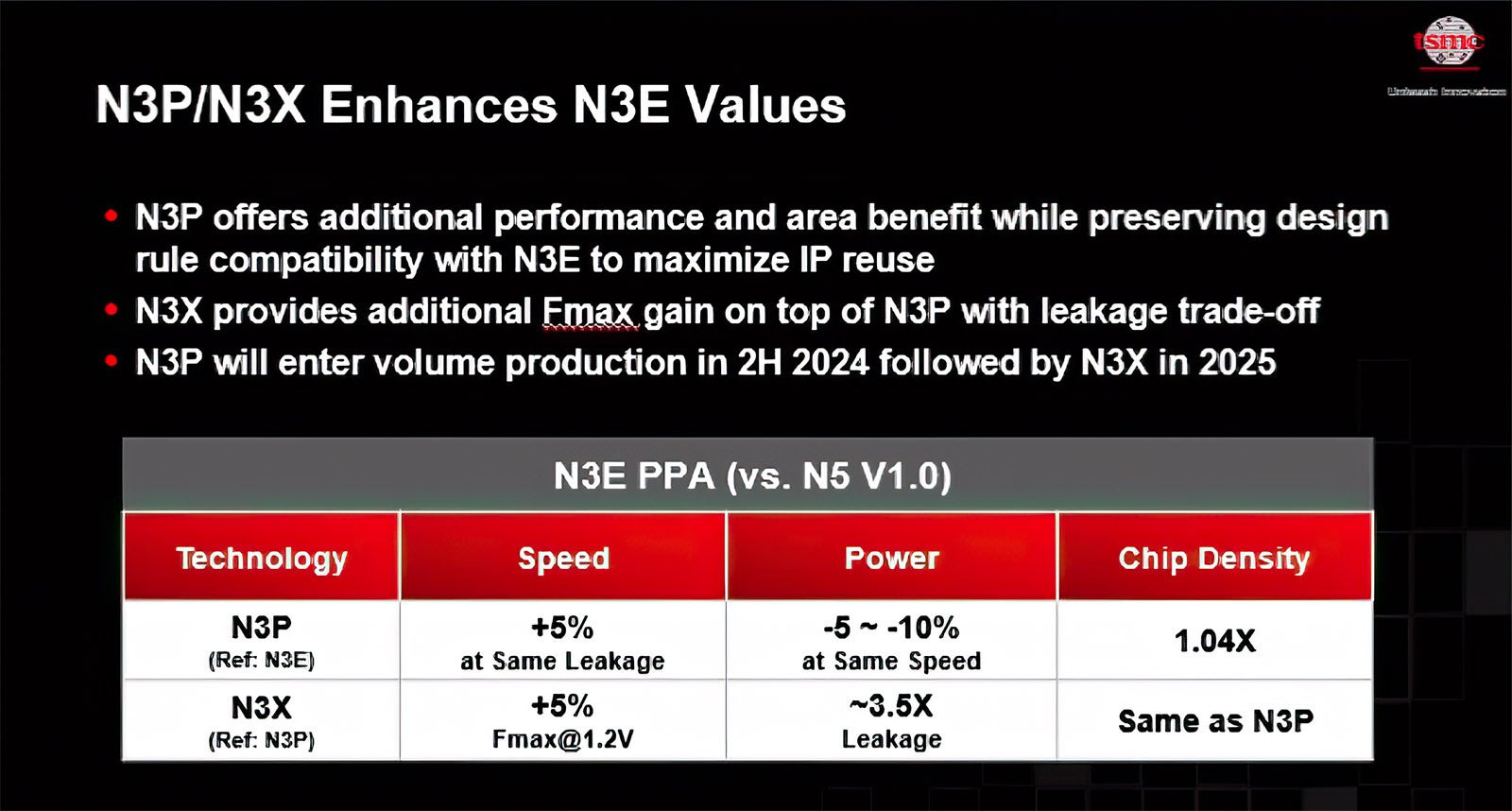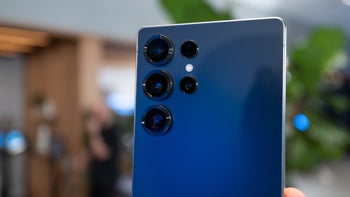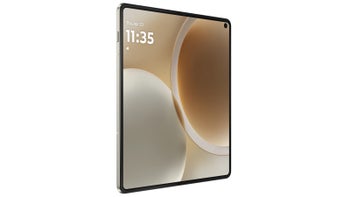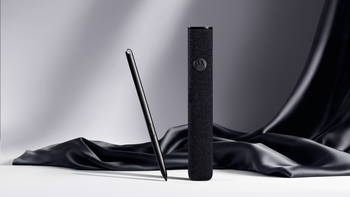Can the iPhone 16 and 16 Plus run Apple Intelligence AI?

Image credit - Apple
Apple Intelligence needs power
The sheer variety of Apple Intelligence features brings added complexity to the task of running it as an integrative part of iOS 18. Spanning the usual AI stuff that other brands already have, such as chatbots and object erasers, live transcription and translation, or content creation assistance, AI on iPhones still offers a uniquely Apple touch, down to the deep Siri integration.

Video credit – Apple
Other brands, like Samsung, have approached the task by taking an off-the-shelf chipset like the Qualcomm Snapdragon 8 Gen 3, and tailoring it for their own AI calculation needs. Oppo went to MediaTek and did the same, but for the new Reno 12 series, making them the first midrange phones that are capable of running all the AI features that the flagship phones of the brand offer in all their complexity.
Could Apple have done the same? After all, it is a master of its own A-series of processors and can add features or expand the existing architecture as it sees fit. Heck, it has even been shipping the A-line of chipsets with its own AI coprocessor for a good while now, making computational photography a breeze on the iPhone.
What's preventing it from optimizing its chipset and bringing Apple Intelligence to all of its phones then, not just the most expensive ones? According to recent revelations by Apple's machine learning department chief John Giannandrea the reason is simply that iPhones without the A17 Pro chip can't run it with the level of smooth and polish that Apple would find acceptable.
It's not that Apple is nickel-and-diming its customers yet again by nudging them to buy its AI-capable iPhones, which happen to cost at least a grand, added Apple's Head of Marketing Greg Joswiak. If it was so, he argued, Apple would've brought Apple Intelligence only to the most recent Macs or iPads, and that is not the case, as anything with M1 can run it.
Moreover, the large language models require more memory to run than is available on less expensive iPhones. Apple's head of software engineering Craig Federighi actually confirmed what a reputed Apple analyst Ming-Chi Kuo claimed the other day, that Apple Intelligence can only run on devices with at least 8GB RAM.

Video interview credit – Daring Fireball
The iPhone 16 will run Apple Intelligence for the rest of us
Thankfully, the iPhone 16 and iPhone 16 Plus have been rumored to come with 8GB of RAM instead of the 6GB in their predecessors since last September. At the time, Haitong International Securities analyst Jeff Pu claimed that the iPhone 16 will have 8GB of RAM for some mysterious reason.
Jeff Pu often comes swinging with Apple production plan forecasts based on his supply chain sources, and now we know the reason why Apple might equip its cheaper iPhones with 8GB RAM for the first time ever.
Apple is Apple, though, so it won't let some AI craze to encroach on its profit margins, and it may have found a crafty way to run Apple Intelligence on the iPhone 16 on the cheap. The 8GB RAM claim was corroborated by another credible mobile chip tipster on Weibo.
What's more interesting, though, is that he also agreed with Jeff's prediction that Apple will make the A18 processor for the iPhone 16 with the cheapest possible 3nm production process of TSMC.

iPhone 16's A18 chip may use slower N3E 3nm production method | Image credit – TSMC
While the foundry's executive expects most customers to move to ask for the more transistor-dense N3P process this year, Apple might stay with the cheaper N3E, at least for the lowly iPhone 16:
We have also successfully delivered N3P technology. It has passed qualification and yield performance is close to N3E. The process technology has also received product customer tape outs and will start production in the second half of this year. Because of PPA advantages of N3P, we expect the majority of tape outs on N3 to go to N3P.
TSMC exec, May '24
TSMC is the premium mobile chip foundry now, but its technological advances come with a price. Qualcomm, for example, will reportedly sell the Snapdragon 8 Gen 4 chipset for the Galaxy S25 Ultra to Samsung at a 30% premium precisely because it will bring its manufacturing back to TSMC.
Jumping from $160 to $200 for a wholesale chipset price could bring its share of the S25 Ultra's production costs close to 40%, but that's the price Qualcomm and Samsung will have to pay if they want a chipset made with the latest N3P 3nm process generation.
Unlike last year when the iPhone 15 got an old processor, Apple's AI push in iOS 18 will force it to equip all four phones in the iPhone 16 series with the respective AI processing power. Apple, however, will reportedly adapt the iPhone 16 processor architecture with the sole purpose of making it on TSMC's cheapest N3E 3nm node.
That base N3E A18 Bionic is expected to land in the iPhone 16 and iPhone 16 Plus, while the top-shelf A18 Pro with the N3P process will eventually be powering the flagship iPhone 16 Pro and iPhone 16 Pro Max handsets.
Thus, the iPhone 16 and 16 Plus chipset may be 5% slower or with up to 10% worse power efficiency, but it will come cheaper and, above all, will be able to run Apple Intelligence.
Follow us on Google News











Things that are NOT allowed:
To help keep our community safe and free from spam, we apply temporary limits to newly created accounts: